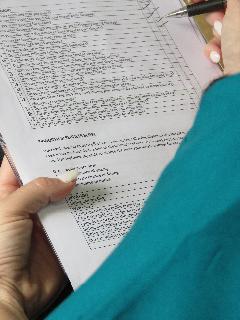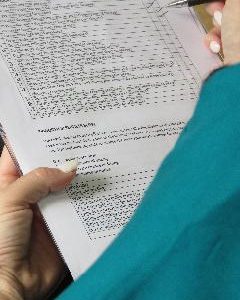Your cart is currently empty!
Detailed Sleep Disorder Screening and Fatigue Assessment
A Sleep and Fatigue assessment is used to evaluate a person’s sleep patterns, sleep quality & quantity, and levels of fatigue. The overall goal of a sleep and fatigue assessment is to identify any issues related to sleep quality or excessive daytime fatigue, determine potential causes, and provide appropriate recommendations or interventions to improve sleep and overall well-being.
Description
Service delivery options: 60 minute over the phone or online video consultation.
A Sleep and Fatigue assessment is used to evaluate a person’s sleep patterns, sleep quality & quantity, and levels of fatigue. The overall goal of a sleep and fatigue assessment is to identify any issues related to sleep quality or excessive daytime fatigue, determine potential causes, and provide appropriate recommendations or interventions to improve sleep and overall well-being.
This 9 page assessment will involve asking questions around the following aspects of sleep health.
- Sleep Patterns: assesses when and how long a person sleeps each night, including sleep onset latency (how long it takes to fall asleep), total sleep time, and sleep efficiency (percentage of time spent asleep while in bed).
- Sleep Quality: evaluates the subjective quality of sleep, which includes factors like how rested a person feels upon waking, the presence of sleep disturbances (e.g., waking up during the night), and perceived sleep depth.
- Sleep Disorders: screens for common sleep disorders such as insomnia, sleep apnea, restless legs syndrome, and narcolepsy. This may involve asking specific questions about symptoms related to these disorders.
- Fatigue Assessment: measures the level of fatigue or tiredness experienced during waking hours. This can be done using standardized scales or questionnaires that ask about daytime sleepiness, difficulty concentrating, and overall energy levels.
- Impact on Daily Life: examines how sleep and fatigue levels impact daily functioning, such as work performance, mood, and relationships.
- Health History: considers the person’s medical history, medications, caffeine and alcohol consumption, and any factors that could affect sleep and fatigue.
- Sleep Hygiene: explores habits and behaviours that can influence sleep quality, such as bedtime routines, use of electronic devices before sleep, and the sleep environment (e.g., noise, light).
Related products
-
Alert at work – Sleep and Fatigue Management Seminar
$1,500.00 -
AlertMeter®
-
CPAP Compliance Reporting
$120.00 -
CPAP Treatment
$300.00 -
Pre Employment Screening
$80.00


Reviews
There are no reviews yet.